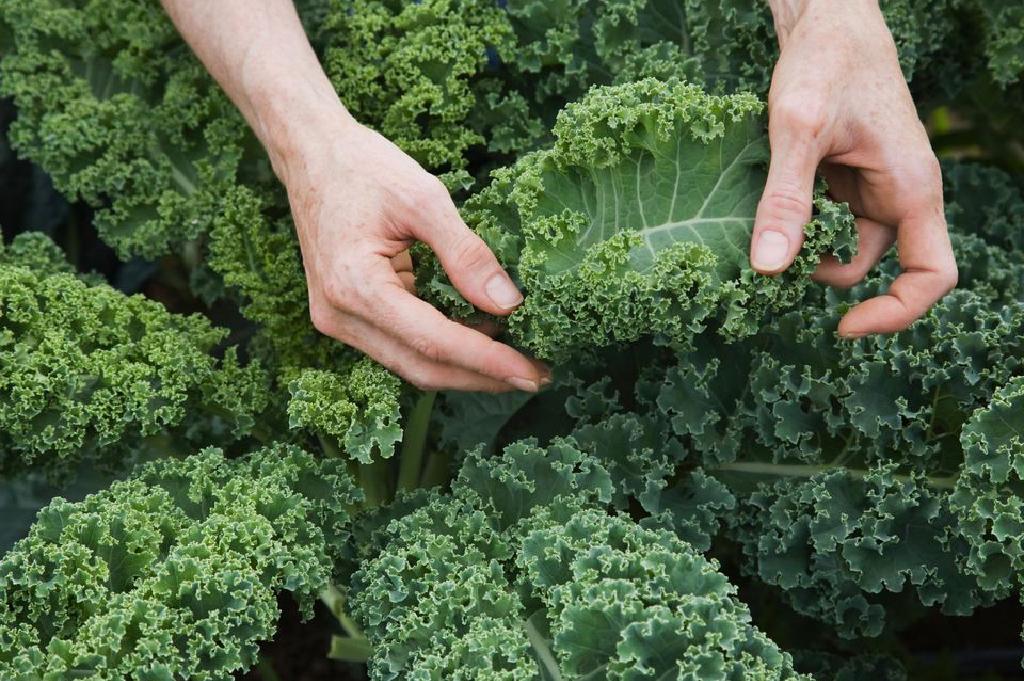10. Kale: Properties and Benefits

Kale, also known as collard greens, is rich in nutrients that provide numerous health benefits. Below, find out why it is crucial to incorporate it into your regular diet.
What is Kale and what are its benefits?
Kale is a plant of the cabbage family called Brassica oleracea. To this family belong brussels sprouts, broccoli, cauliflower, cabbage and cabbage. It is considered a superfood because it is rich in many nutrients and minerals.
It is native to Europe, although its use later spread to the rest of the world. Its leaves are dark green and wavy, because of this, it is also known as kale.
It is a food that provides very few calories. However, it is rich in fiber, proteins and omega 3 fatty acids. It is also a source of vitamins such as A, B, C, and K. It is also a source of minerals, including calcium, iron, potassium and magnesium.
Benefits
Due to its nutritional richness and being so complete, kale provides numerous health benefits. First of all, it is ideal for weight loss, since it has few calories but is very nutritious. Likewise, due to its fiber content, it favors digestion and produces a satiety effect for a longer time.
Due to its iron content, which is even higher than that of beef, it prevents fatigue and anemia. On the other hand, the calcium it contains can avoid osteoporosis and weakening of the bones.
Similarly, thanks to its potassium content, it can help regulate high blood pressure. And its fatty acids prevent the rise of “bad” cholesterol and protect the cardiovascular system.
Its vitamin C and antioxidant content prevents the action of free radicals, premature aging and certain types of cancer. Vitamin A helps maintain eye health. Vitamin K is essential for blood coagulation and helps to fix calcium in the bones.
How to eat it
It is recommended to eat it raw to take advantage of all its nutrients, after washing it well, you can use it as a base for a salad of fresh vegetables. You can also sauté or steam it and combine it with other vegetables and spices.
Remember that a single food does not replace a balanced diet and healthy habits. If you suffer from any chronic condition, do not forget to consult your doctor before making any changes in your diet.
